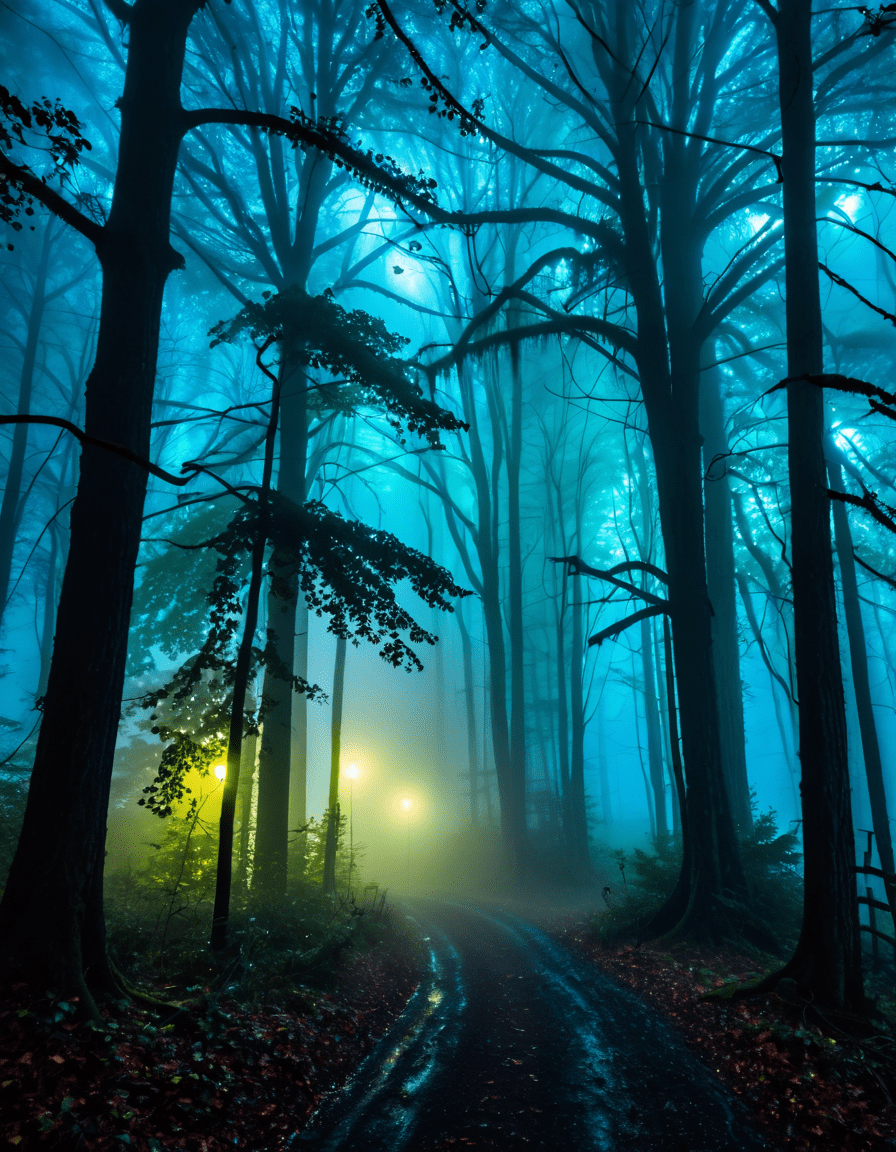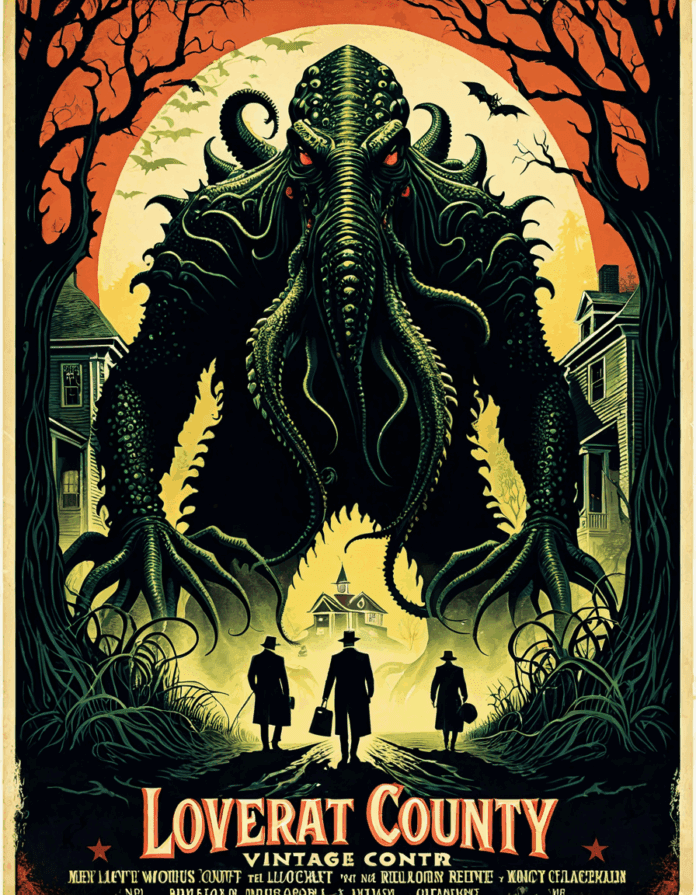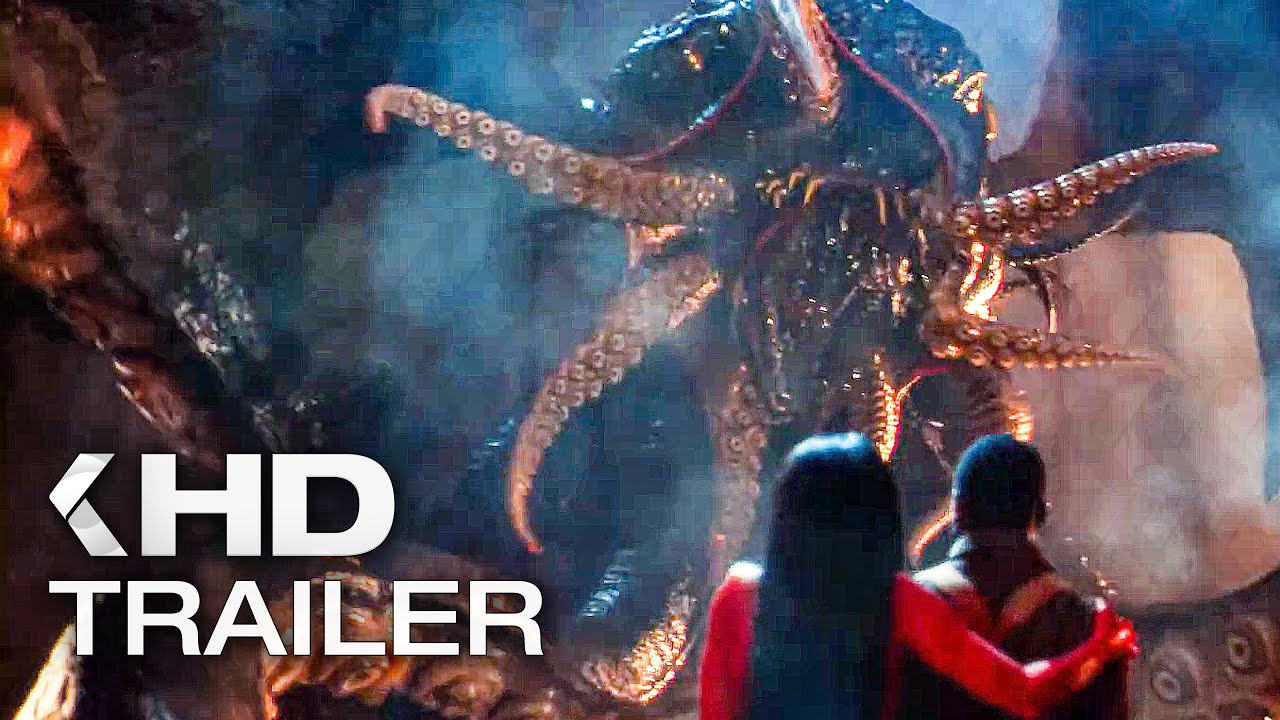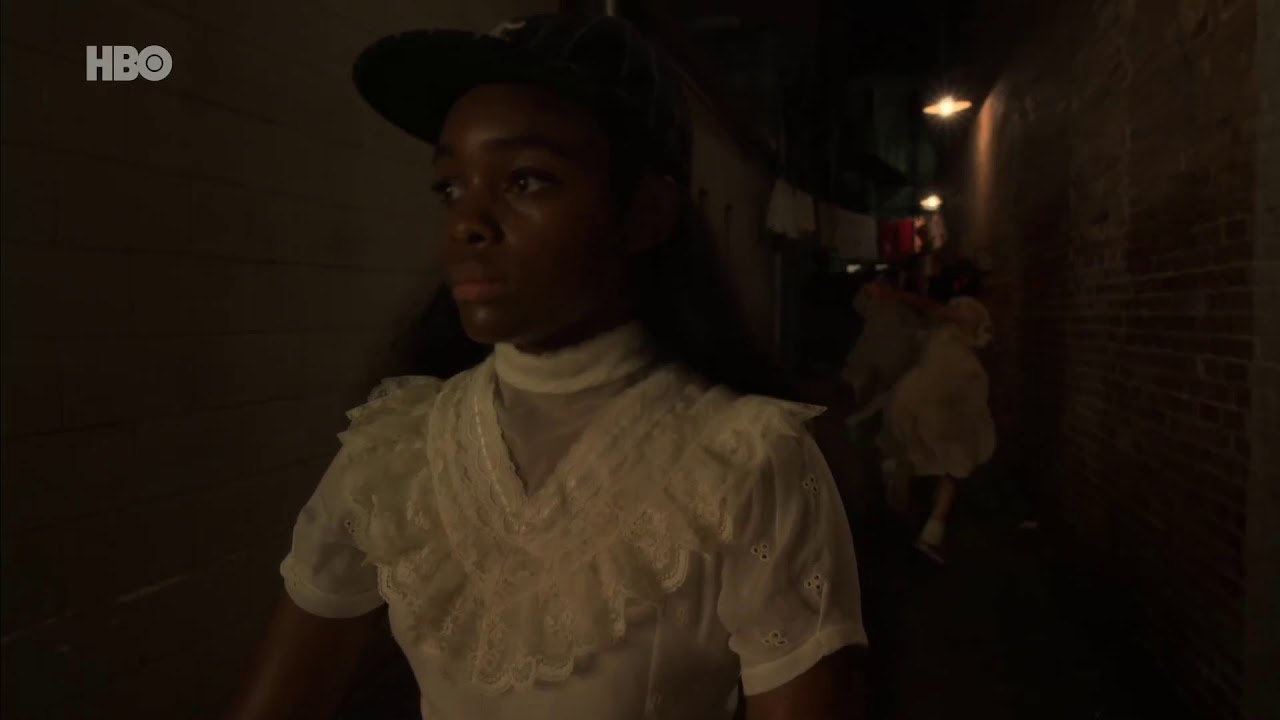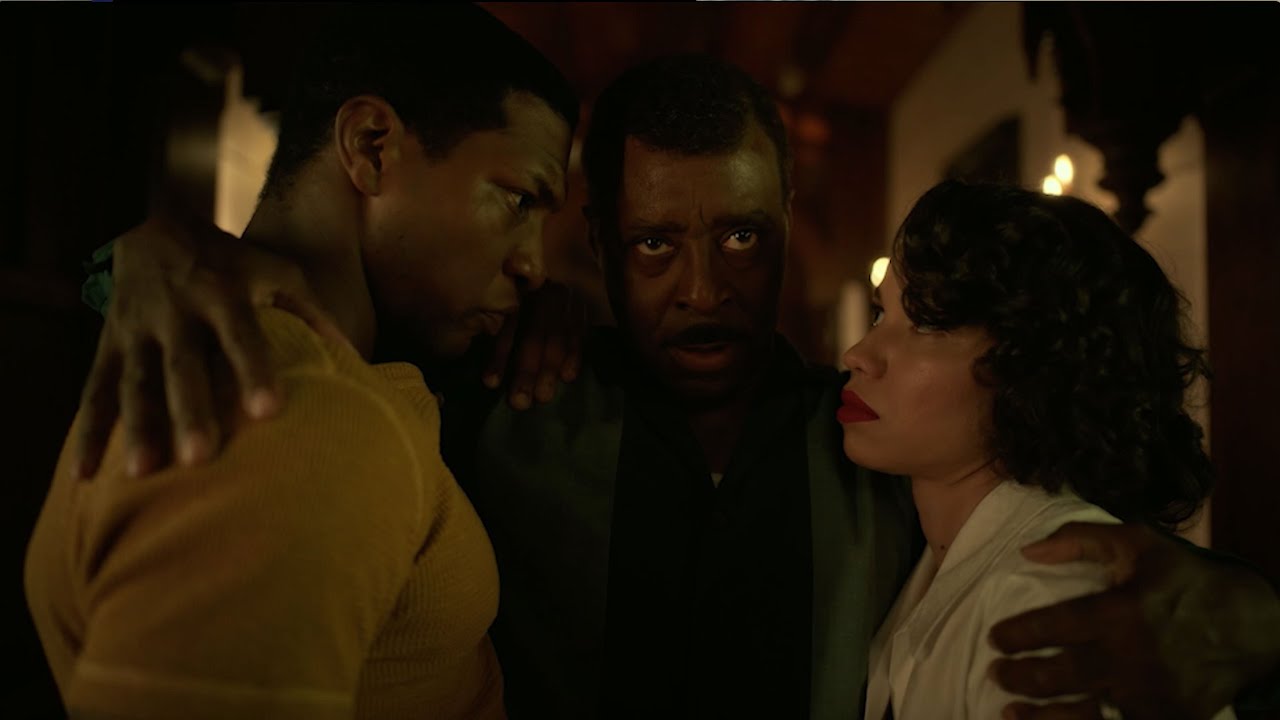Lovecraft Country, a groundbreaking series created by Misha Green and adapted from Matt Ruff’s novel, has made ripples in the horror genre since its debut. It intricately meshes themes of cosmic horror with poignant reflections on racial injustice, pushing the boundaries of traditional horror narratives. The show raises significant conversations about race in America, using Lovecraft’s mythos to create a chilling atmosphere that not only entertains but informs. With its complex portrayal of the Black experience set against a haunting backdrop, Lovecraft Country sets itself apart by combining real historical events, like the Tulsa Massacre, with supernatural horror to craft a compelling narrative.
The series dives deep into the struggles of navigating societal fears along with unspeakable nightmares, engaging viewers on multiple levels. As we delve into Lovecraft Country, we will explore its profound significance in horror narrative evolution, the chilling themes it presents, its impact on the genre beyond horror, the cultural resonance in character development, and ultimately, what this signals for the future of horror storytelling.
The Significance of Lovecraft Country in Horror Narrative Evolution
Lovecraft Country stands as a testament to the growth of horror narratives, challenging established norms while focusing on the multifaceted experiences of African Americans. This series artfully blends H.P. Lovecraft’s signature cosmic dread with real-life atrocities, inviting viewers to grapple with the fear lurking both in supernatural realms and societal structures. Here, horror transcends mere entertainment; it serves as a platform for deeper reflection on systemic racism and historical trauma.
By incorporating historical tragedies such as the Tulsa Massacre, Lovecraft Country educates audiences about significant events often overlooked in mainstream narratives. This adds weight to its horror elements, showcasing monsters that resonate with the realities of fear and prejudice. A key takeaway is how the show invites viewers to confront both its horror and historical truths, creating what can only be described as a multi-layered storytelling experience.
In doing so, Lovecraft Country mirrors the changing landscape of horror, moving from overt gore to a more subtle approach where real-life fears often take center stage. This evolution catches the eye of “new-age” horror aficionados who yearn for narratives that push boundaries and provoke introspection.
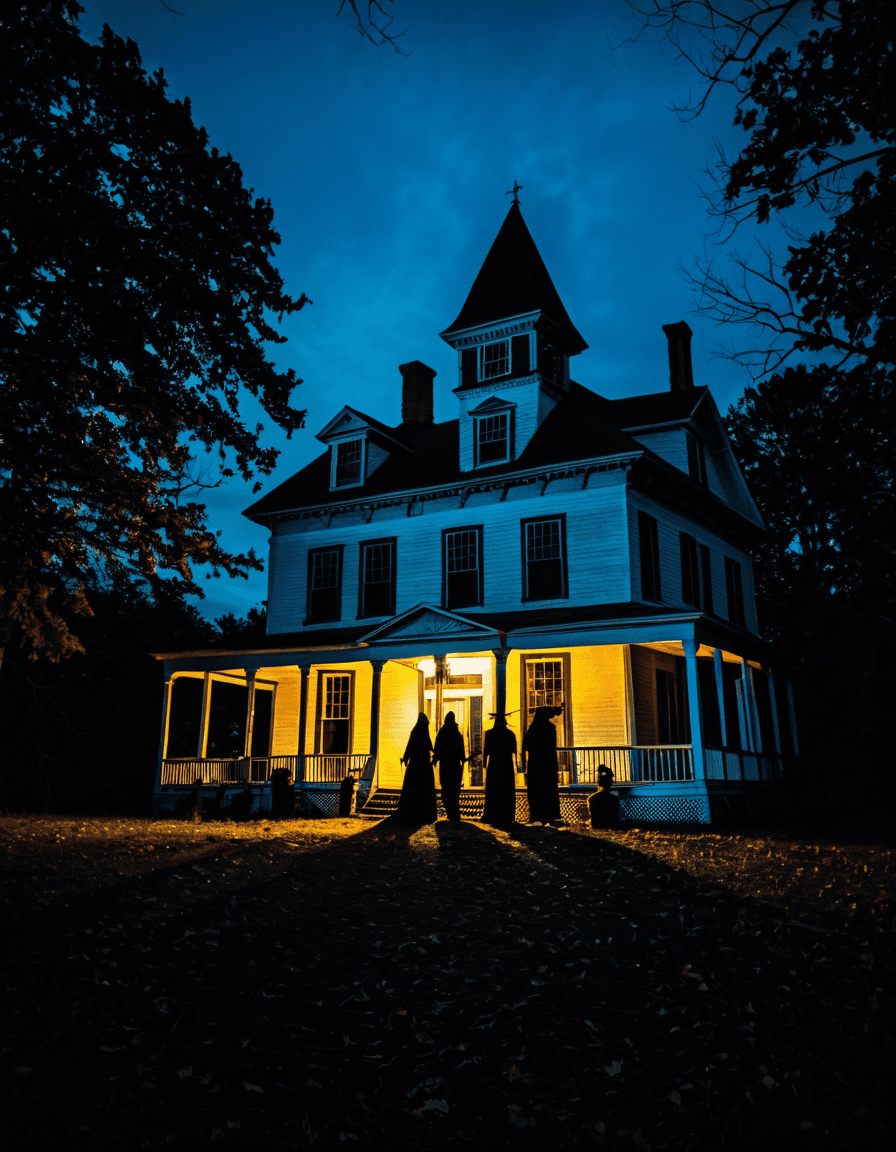
Top 5 Chilling Themes Explored in Lovecraft Country
The series boldly confronts America’s racial tensions, placing them alongside supernatural terrors. In Lovecraft Country, monsters aren’t just creatures of fiction; they symbolize societal fears that refuse to be ignored. This juxtaposition creates an unsettling atmosphere where both external and internal monsters loom.
Main character Atticus Turner embodies the fight against personal and ancestral trauma. The exploration of generational curses within Lovecraft Country reveals how historical traumas manifest in various forms, haunting characters in tangible and intangible ways. It’s a journey that resonates with viewers who find solace in shared struggles.
An empowering motif within the series revolves around the characters utilizing wisdom from their ancestors to fight against oppression. This connection to heritage, deeply rooted in African American culture, illustrates the importance of history as a beacon of strength. It’s a critical aspect that adds depth to their struggles.
Blending elements of fantasy with grim realities, Lovecraft Country encourages viewers to engage with uncomfortable truths. Episodes featuring historical references, like those with KKK influences, showcase how fiction can reflect societal injustices, prompting necessary conversations surrounding complex truth woven deep within American history.
Lovecraft Country expertly incorporates mythological references, enhancing the texture of its narrative. Characters like Christina Braithwhite personify moral ambiguity, drawing parallels with ancient legends to illustrate contemporary issues. This melding of myth and character arcs enriches the storyline and challenges traditional storytelling techniques prevalent in horror.
Lovecraft Country’s Impact on the Genre Beyond Horror
Lovecraft Country leaves a lasting impact on contemporary pop culture, influencing various narratives beyond the horror genre. It expands the stylistic reach by interfacing with shows like Resident Alien, which ventures into social commentary but adopts a comedic approach. The stark contrast in thematic gravity underscores Lovecraft Country’s seriousness, as it effectively handles heavy societal issues through its chilling narrative lens.
Other series, such as Netflix’s Squid Game and dystopian tales like The Hunger Games, similarly tackle societal dilemmas through intense narratives. Like Lovecraft Country, these stories confront viewers with stark realities hidden under layers of fiction, revitalizing the engagement with moral quandaries and human experiences.
Lovecraft Country serves as a blueprint for future narratives, emphasizing that horror can cross genres while addressing significant themes. Its ability to resonate across diverse storytelling forms shows a promising direction for the evolution of horror, where social commentary meets creative expression.
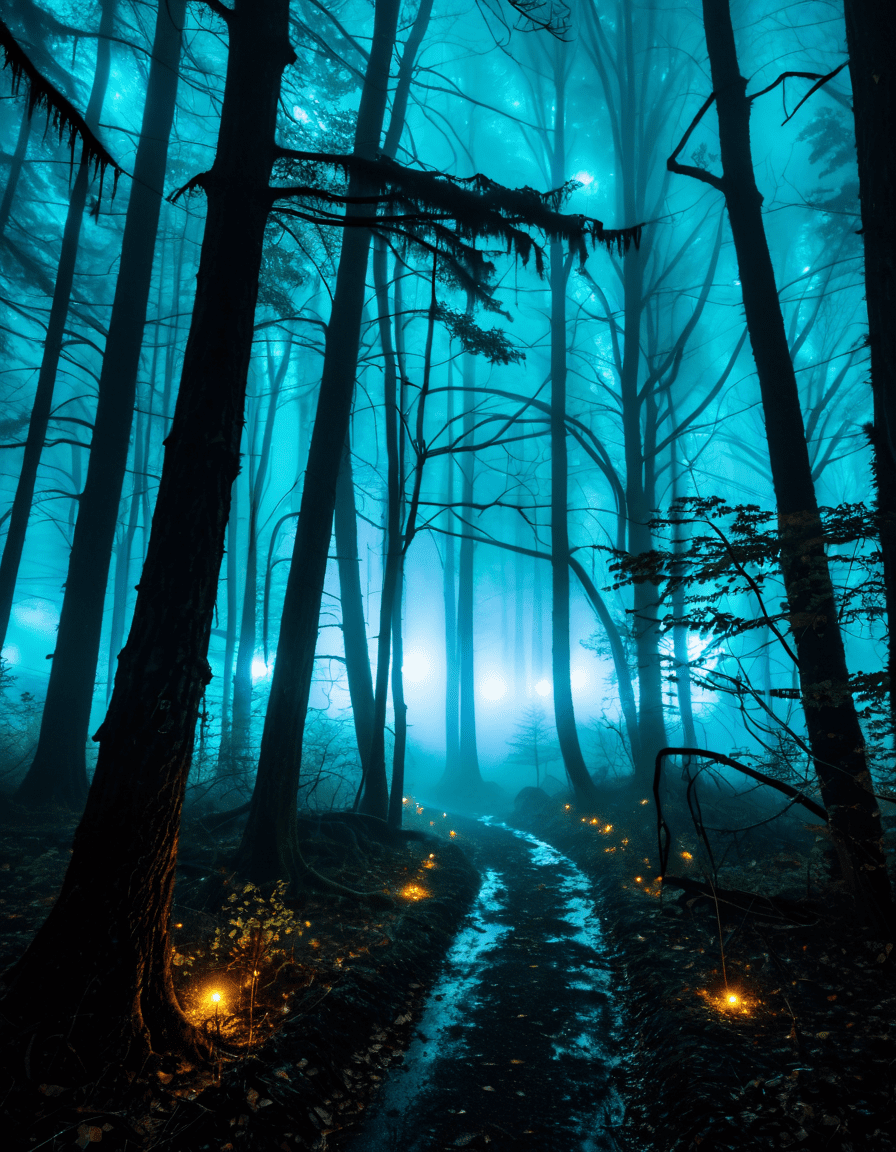
The Cultural Resonance of Lovecraft Country in Character Development
Characters like Leti and Montrose Turner represent nuanced portrayals that challenge common stereotypes found in genre literature. Their personal journeys resonate deeply, emphasizing themes of identity and resilience. Lovecraft Country pushes the envelope for representation and inclusivity, reflecting broader societal movements that critique the simplistic narratives often associated with minority characters.
The show’s commitment to showcasing diverse perspectives aligns it with major cultural shifts seen in media, such as the complexities within Disney’s character lineup, including Mulan and Moana. These characters, like those in Lovecraft Country, grapple with adversity while exploring their identities, thereby adding layers to their development.
The depth of character arcs within Lovecraft Country does not only entertain; it fuels dialogue about representation in media, making noticeable strides toward more complex narratives within the horror genre. Characters like Leti and Montrose break the mold by embodying multi-dimensional identities that demand attention and engagement.
The Future of Horror: Learning from Lovecraft Country
As we envision the future of horror, Lovecraft Country stands out as a pioneering work that has paved the way for innovative storytelling. Productions emerging from this path include projects like a Minecraft movie, illustrating how novel concepts can broaden the genre’s horizon. The creative leaps seen in anime series like Demon Slayer further exemplify the genre’s potential when infusing diverse storytelling techniques and perspectives.
This evolution represents an opportunity for traditional horror narratives to transform by integrating unique viewpoints. With franchises like Marvel, where characters like Thanos merge with genre innovations, the future of storytelling seems promising. New formats and approaches continue to reshape the landscape of horror, bringing forth narratives that challenge existing conventions.
To echo the essence of Lovecraft Country, the future of horror will likely flourish through inclusivity and experimentation. By learning from diverse narratives, creators can highlight underrepresented voices and deepen the genre’s impact on audiences.
Chilling Lessons from Lovecraft Country and its Legacy
Dissecting Lovecraft Country highlights the essential nature of diverse storytelling in horror. The series effectively breaks away from established frameworks, compelling audiences to confront underlying societal issues and reflecting the monsters that subtly infiltrate our reality. Packed with chilling insights, it serves as a powerful testament to how horror, when intricately connected to cultural depth, can spur vital conversations.
Looking ahead, the impact of Lovecraft Country lingers as a beacon, encouraging storytellers to explore the boundaries of horror while addressing significant issues. Tapping into the layers of both societal fears and supernatural elements, Lovecraft Country lays the groundwork for future narratives waiting to emerge, showing that horror can be both thought-provoking and gripping.
As we ponder the direction of horror and storytelling, Lovecraft Country remains a catalyst for change, reminding us of the narratives that have yet to be told, and how they can reshape our understanding of fear, justice, and the human experience.
Lovecraft Country: Unraveling Its Chilling Horror Legacy
The Roots of Horror
“Lovecraft Country” not only dives into the horror stories of H.P. Lovecraft but also explores the realities of racism in America. It’s a fascinating mashup of supernatural elements and social commentary. Speaking of peculiar figures, did you know Baba Yaga, a witch from Slavic folklore, often appears in tales alongside horror? Just like the eerie mood of “Lovecraft Country, Baba Yaga represents the mystique and danger lurking in the unknown. This series masterfully pulls from such folklore while steeping it deep in the historical context of the 1950s.
Characters that Inspire
The show features a rich cast, with standout performances that keep viewers glued to their seats. Gabourey Sidibes portrayal adds depth, further revealing the fears and struggles of African Americans during a racially charged era. Similarly, iconic figures in pop culture, like Ll Cool J, shine a light on how representation matters in the entertainment industry. Just as fans appreciate the thrill of heart-pounding horror in “Lovecraft Country, they enjoy rocking out to LL Cool J’s timeless hits.
Whimsical Facts to Chew On
Interestingly, the show ties into the legacy of horror films that inspire many today. Think of how triple Aaa horror games—those big-budget fright fests—hoisted the genre to new heights, much like the series we’re discussing. Plus, you might find it delightful to know that while watching, you can munch on some of the best Probiotics to keep your gut happy. Balancing the creepy with a healthy twist can be a fun way to engage with the horror on-screen. And if you’ve ever been curious about what it feels like to experience thrills up close and personal, trying out Home Depot Rentals for spooky decoration projects could be your next adventure!
“Lovecraft Country” has opened up a space where horror meets reality, and in doing so, it asks critical questions of its audience. Understanding the monstrous legacy of the past, whether it’s through haunting tales or robust characters, invites viewers to reflect on their own world as they get wrapped up in the chilling narratives laid before them.
